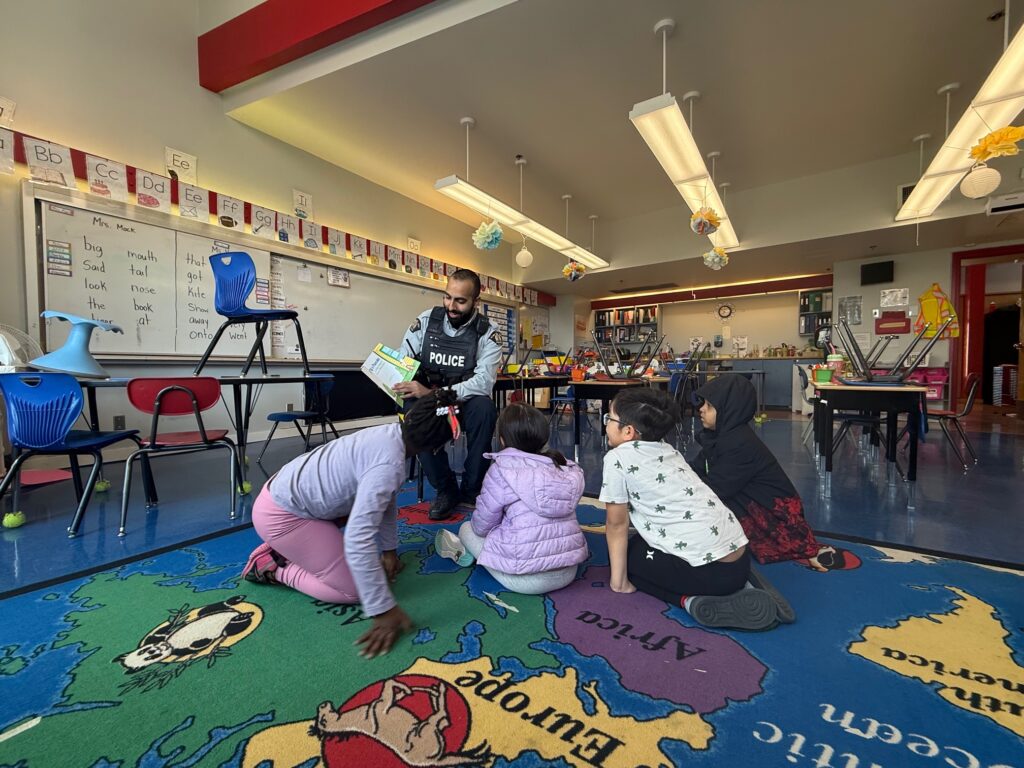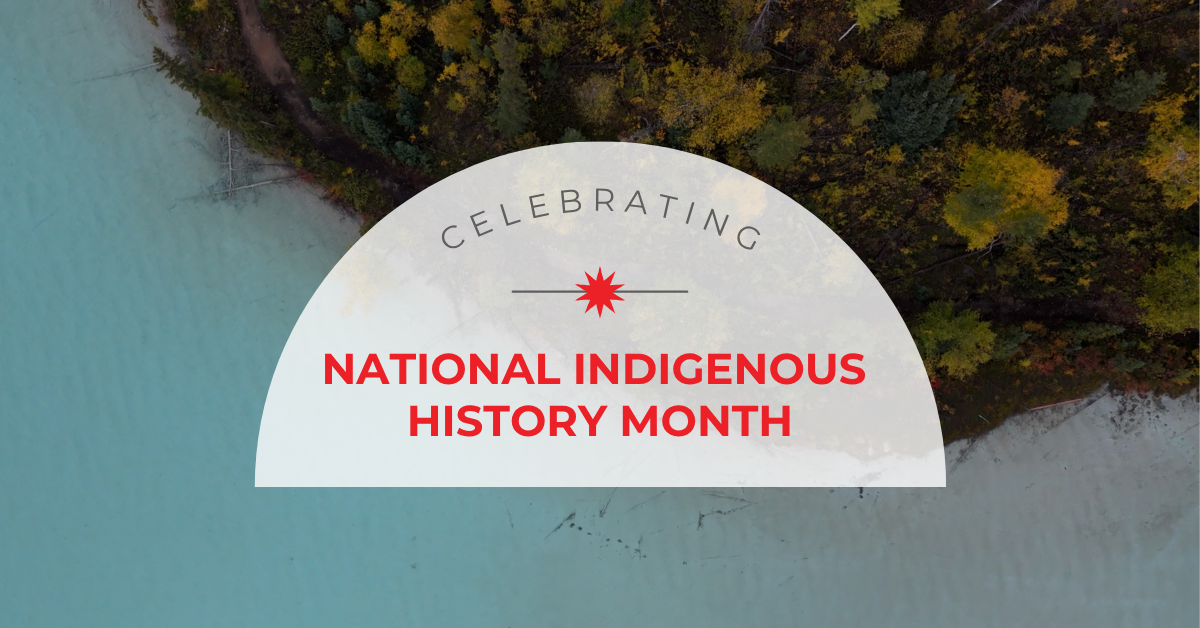June is National Indigenous History Month—a time to reflect on our shared history, listen to lived experiences, and continue to take meaningful steps toward reconciliation.
Reconciliation is not a checklist. It’s a continuous journey of building trust, learning with respect, and working in true partnership with Indigenous communities—especially in places where harm runs deep and healing takes time.
Below, we’re honoured to share three stories that highlight how RCMP Members are supporting reconciliation guided by the strength, wisdom, collaboration, and enduring contributions of Indigenous Peoples.
Community Connections with Lake Babine Nation
We spoke with Constable Khalil, an RCMP Member with B.C.’s Indigenous Policing Services (IPS) who works closely with Lake Babine Nation, near Burns Lake, B.C. For him, building trust starts with being present—especially for youth.
“One kid told me he didn’t like the police until he met me. Hopefully through my work, next time they see a police officer anywhere in Canada, they’ll think back to their interaction with me—and see every officer as a positive person.”

Cst. Khalil has been an officer with the RCMP since March 2024 and, in addition to regular policing duties, spends time giving detachment tours, playing hockey with local kids, and connecting in schools and gathering places.
“Many of the kids we visit live in homes affected by domestic violence. If they’ve met me before—on the rink, at school, or just while walking their dog—it changes how they experience that moment. I want them to know someone sees them. Someone cares.”
This kind of community-rooted, relationship-first approach is a real example of reconciliation in action.
“On the ground, in-person, we have to build trust. Attend Chief and Council meetings. [Go to] the Band Hall or Band Office. Get out of your car and just be present in the community.”

The work isn’t always easy—there are heavy stories and complex needs—but Cst. Khalil remains hopeful, especially as more officers choose to join Indigenous Policing Services.
“So many new Members are joining [Indigenous Policing Service] because it’s fun and rewarding. We get to connect, support, and show young people that the RCMP can be a positive part of their lives.”
Reconciliation requires more than words. It requires people—like Cst. Khalil—who are committed to showing up for the communities they serve.
In Louis Riel’s Footsteps
Louis Riel—Métis leader, politician, and founder of Manitoba—was born on October 22, 1844, in St. Boniface, near the confluence of the Red and Seine rivers. Renowned for his tireless advocacy for Métis and Indigenous rights, Riel led multiple resistance movements as the Canadian government expanded onto unceded and traditional lands. His leadership ultimately led to his trial for treason and execution on November 16, 1885.

Nearly 150 years later, Riel’s legacy continues to inspire. His story lives on through the Métis people—and through his family.
Meet RCMP Constable Cameron Riel, whose grandfather’s great-uncle was Louis Riel himself.
“Historically, the relationship between the RCMP and Indigenous people has not been the most positive. I understand this and I know this is a challenge. My goal is to change people’s outlook. I want them to see past my uniform. As an Indigenous Member of the RCMP, I strive to be a liaison between the police and the community and to break down barriers and stereotypes. I want to be someone who they trust and someone who they know is here to help.”
Remote Policing in Tsay Keh Dene
In the remote north of B.C., policing looks different—but the focus on trust, collaboration, and cultural awareness remains just as vital.
This short film highlights the unique opportunities of community policing in Tsay Keh Dene Nation and Kwadacha Nation.
The National Police Federation extends our sincere thanks to the leadership and members of Tsay Keh Dene and Kwadacha for welcoming us to their territory and sharing their stories.
Honouring Indigenous History Month
This National Indigenous History Month, we encourage everyone interested to learn about the Nations whose land you live on and explore local events organized by Indigenous communities. Together, let’s continue the work of reconciliation through learning, listening, and meaningful action.
We extend our deepest gratitude to Indigenous RCMP Members, to all Members who serve and work in partnership with Indigenous communities, and to Indigenous Peoples across Canada who continue to share their knowledge, stories, and traditions with openness and generosity. Your guidance, resilience, and strength are helping shape a better, more respectful future for all.


